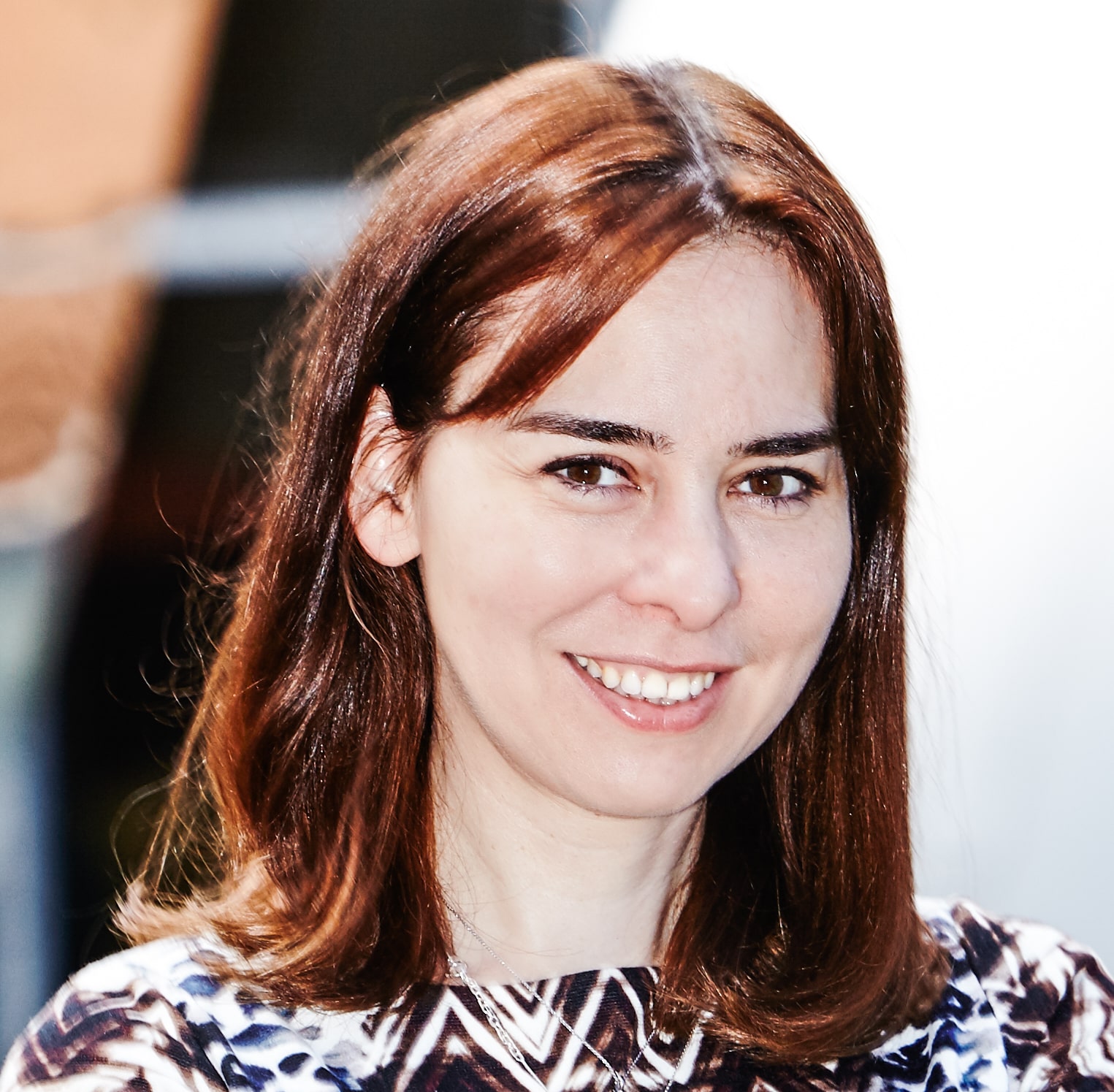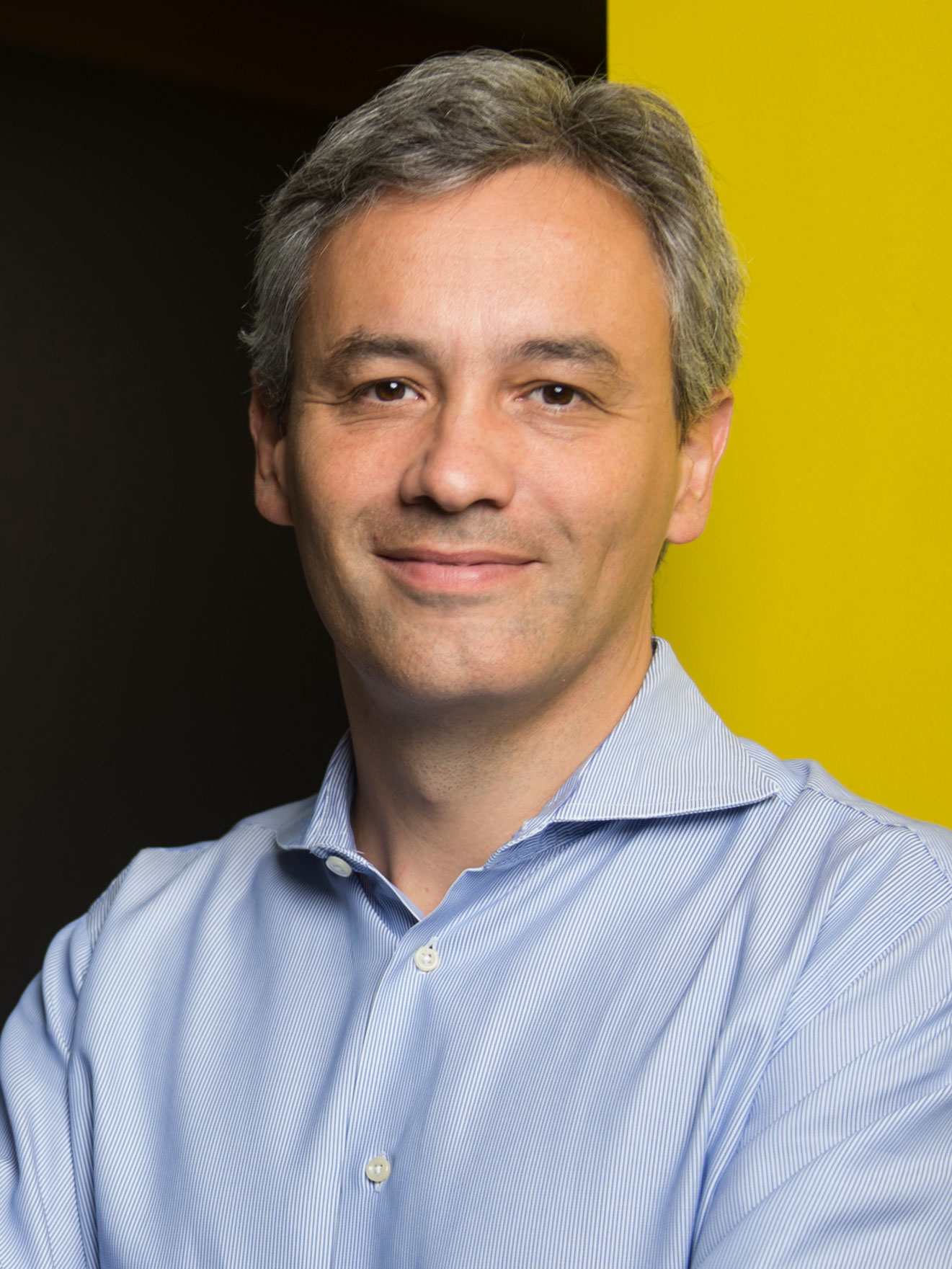Our Keynote Speakers
RF-Based Sensing for Understanding Diseases and Therapies
Wednesday 5, 9:00-10:30
Abstract: Soon available.
Keynote Bio
Dina Katabi is the Thuan and Nicole Pham Professor of Electrical Engineering and Computer Science at MIT, and the director of MIT’s Center for Wireless Networks and Mobile Computing. She is a recipient of the MacArthur Genius Award, and a member of the National Academy of Engineering, the National Academy of Sciences, and the American Academy of Arts and Sciences. Dr. Katabi received her Ph.D. and Master’s degrees from MIT, and her B.S. from Damascus University. Her research focuses on innovations in digital health, wireless sensing, and applied machine learning. Dr. Katabi’s research has been recognized with the Association for Computing Machinery (ACM) Prize in Computing, the ACM Grace Murray Hopper Award, two ACM SIGCOMM and one ACM SIGMOBILE Test of Time Awards, the Faculty Research Innovation Fellowship, a Sloan Research Fellowship, the NBX Career Development Chair, and the National Science Foundation CAREER Award. Her students twice received the ACM Doctoral Dissertation Award in computer science and engineering. Her work was also recognized with the IEEE William R. Bennett Prize, three ACM SIGCOMM Best Paper awards, a Networked Systems Design and Implementation Best Paper award, and a TR10 award. Several startups have been spun out of Katabi’s lab, including PiCharging and Emerald.
Open 6G: Toward Open, Programmable, and AI-Driven NextG Systems
Thursday 6, 9:00-10:30
Abstract: This talk will present an overview of our work laying the basic architectural and algorithmic principles for new approaches to design open, programmable, AI-driven, and virtualized next-generation cellular networks. We will cover in detail challenges and opportunities associated with the evolution of cellular system into cloud-native softwarized architectures enabling fine grained control of end-to-end functionalities. We will discuss architectural aspects, automation principles, and algorithmic frameworks enabling fine-grained end-to-end control of wireless system from low-level RAN functionalities to orchestration and management. We will also explore a number of enabling technologies including network slicing, spectrum sharing, security, and energy efficiency, and discuss the way forward.
Keynote Bio
Tommaso Melodia is the William Lincoln Smith Professor with the Department of Electrical and Computer Engineering at Northeastern University in Boston. He is also the Founding Director of the Institute for the Wireless Internet of Things and the Director of Research for the PAWR Project Office. He received his Laurea (integrated BS and MS) from the University of Rome – La Sapienza and his Ph.D. in Electrical and Computer Engineering from the Georgia Institute of Technology in 2007. He is an IEEE Fellow, an ACM Distinguished Member, and a recipient of the National Science Foundation CAREER award. He received several best paper awards, including at IEEE Infocom 2022. Prof. Melodia is the Editor in Chief for Computer Networks and a co-founder of the 6G Symposium, and served as the Technical Program Committee Chair for IEEE Infocom, and General Chair for ACM MobiHoc, among others. Prof. Melodia’s research on modeling, optimization, and experimental evaluation of wireless networked systems has been funded by many US government and industry entities.

